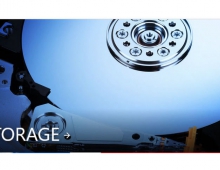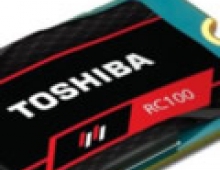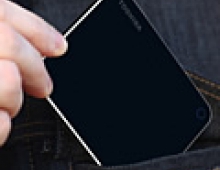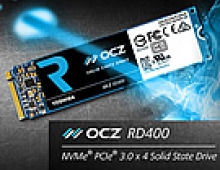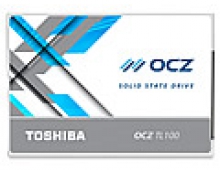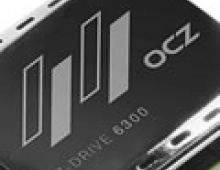
OCZ Technology and Inphi Corporation Introduce Zero-Buffer DDR Technology For Unbuffered Memory Modules
OCZ Technology in a collaborative effort with Inphi Corporation announced the release of Zero-Buffer DDR (ZB-DDR) technology (patent pending) for unbuffered memory modules.
Using discreet zero-delay clock buffers, ZB-DDR technology combines the robustness of server class memory with the low latency of unbuffered modules, resulting in better data integrity, lower noise, and lower susceptibility to interference over a wider frequency spectrum while still remaining fully compatible with all current motherboards.
"At the module level, only with a clock buffer delay at 50 picoseconds or less, is it possible to generate loss-less memory clock signals that are not subjected to the impact of noise found in a distributed clock tree," said Dr. Michael Schuette, director of technology development at OCZ Technology.
ZB-DDR technology uses the state of the art Inphi INCU 877 clock buffers with a custom-developed PCB matched to the impedance of the clock buffer. "We are very pleased to have OCZ as a partner in this pioneering hi-tech endeavor," commented Desi Rhoden, executive vice president of Inphi Corporation. "Precision clock signals provided by our clock buffers are the key to signal integrity and minimized error rates."
"At the module level, only with a clock buffer delay at 50 picoseconds or less, is it possible to generate loss-less memory clock signals that are not subjected to the impact of noise found in a distributed clock tree," said Dr. Michael Schuette, director of technology development at OCZ Technology.
ZB-DDR technology uses the state of the art Inphi INCU 877 clock buffers with a custom-developed PCB matched to the impedance of the clock buffer. "We are very pleased to have OCZ as a partner in this pioneering hi-tech endeavor," commented Desi Rhoden, executive vice president of Inphi Corporation. "Precision clock signals provided by our clock buffers are the key to signal integrity and minimized error rates."

